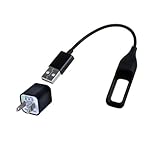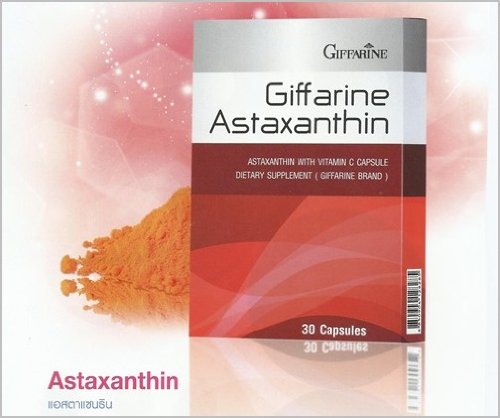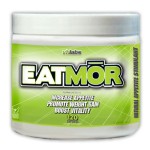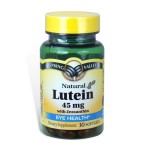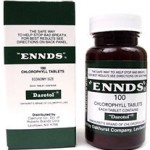Categories
Health Benefits of Taking Astaxanthin
Astaxanthin being featured on the Dr. Oz show definitely got the attention of many viewers.
This supplement has been praised by Dr. Oz and Dr. Joseph Mercola. It is a little known carotenoid that is now believed to be the most beneficial antioxidant nature has to offer.
Bioastin’s Astaxanthin was discussed on “The Dr. Oz Show,” has been praised as a very effective anti-inflammatory supplement, which some experts believe has benefits that can include supporting healthy immune functionality, healthier skin, prevention of cateracts & colds, healthier cardiovascular system, UV radiation protection, eye & heart health, improved athletic performance, increase in energy levels & potential for anti-ageing through cellular health.
Astaxanthin is a cousin to beta carotene, but is much more potent. It’s derived from a marine algae, which is responsible for the coloring of salmon, and that is also said to turn flamingos pink.
In terms of antioxidant power or potency, astaxanthin is said to be 550 times more powerful than Vitamin E and 6000 times stronger than any vitamin C..
How Astaxanthin Became a Super Supplement
The first studies of the health benefits of natural astaxanthin were done on astaxanthin produced from krill oil. Cyanotech became aware of those studies as some of their customers started requesting supplement grade astaxanthin for human consumption.
“It really caught our attention,” Dr. Cysewski says. “We started doing our own investigations, scouring the literature. And indeed, the first thing we found was that natural astaxanthin is probably the most potent natural antioxidant known.” – Source www.cyanotech.com
The combination of its high-potency antioxidant and anti-inflammatory properties allows it to address a vast array of health concerns.
“When we started producing astaxanthin for human consumption, our employees started taking it. Those that surfed came back to us and said, ‘Hey, I’m not getting sunburned anymore. I’m not putting my suntan lotion on. I’m not getting burned. This stuff seems to help protect me from the sun.’ And the sun is more intense in Hawaii.
“We did a clinical trial, and sure enough, taking astaxanthin – the study we did was only four milligrams, over two weeks… actually did provide significant protection against UV radiation.”
An important point to note is that, astaxanthin does not block UV rays, so it does not prevent UVB from converting into vitamin D in your skin. It simply protects your skin against damage. Dr. Cysewski explains how:
“One of the first reactions, of course, is that UV radiation produces free radicals. The astaxanthin, as a potent antioxidant, can neutralize or quench those free radicals and stop them from causing damage, which eventually lead to sunburn or to inflammation of the skin.”
Toxicity Data Shows Astaxanthin is One of the Safest Antioxidants
If you are worried about toxicity in astaxanthin, there is good news. Unlike most other antioxidants namely synthetic ones. It lacks the ability to turn into a pro-oxidant, studies with a dosage as high as 50 to 75mg’s per day have shown to have no bad effects.
However it can provide a slight coloration to your skin at very high levels. But most studies suggest that this coloration is actually perceived as cosmetically beneficial or desirable, in that it gives you a healthy “tan glow” — opposed to the sickly orange coloration you might end up with if you consumed too many carrots. According to Dr. Cysewski, about 15 different Japanese studies over the past five years have also demonstrated that astaxanthin has beneficial effects on skin health parameters such as wrinkles, moisture levels and so on.
If you decide to give astaxanthin a try, I recommend starting with 2 mg per day, and working your way up to about 4 mg per day, or more if you’re an athlete or suffering from chronic inflammation.
If you are using a krill oil supplement, which naturally contains astaxanthin, take that into consideration. Different krill products have different concentrations of astaxanthin, so check the label. Another factor to keep in mind is that astaxanthin is a fat soluble supplement. So unless you take it with a small amount of fat, it’s not going to absorb well. Butter, coconut oil, or eggs would be ideal complements to ensure optimal absorption.

